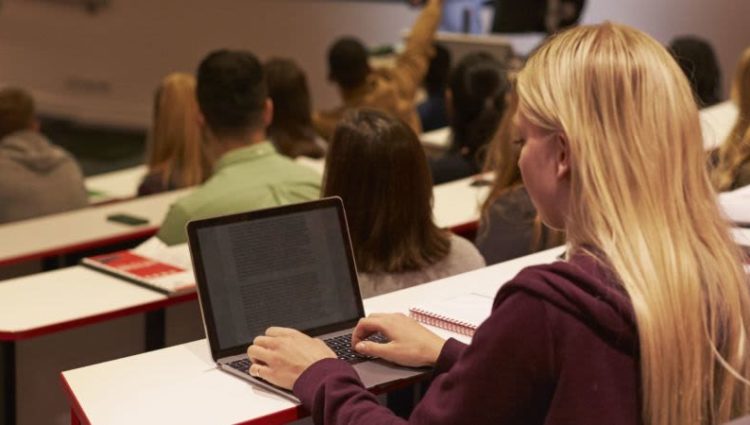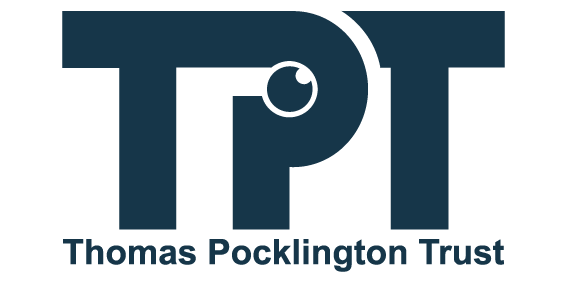The procurement of needs assessments, assistive technology and training for Disabled Students’ Allowance.
March 2025
What has changed?
Disabled Students’ Allowance (DSA) provides essential support for disabled students, covering study-related costs. In February 2024, the Student Loans Company (SLC) introduced a new process for DSA applications in England and Wales, aiming to streamline the delivery of needs assessments, assistive technology and training.
Over a year on it is clear from the process is not delivering timely and effective support. Students have told TPT of significant delays and poor-quality needs assessments, hindering their access to learning.
What’s going on?
Feedback from students, the higher education sector, and data presented to the DSA Quality Committee (which TPT is a member of) highlight persistent systemic issues with the new process.
The reforms aimed to:
- Improve the inconsistent student experience.
- Enhance visibility and quality assurance.
- Improve value for money.
Unfortunately, student and sector feedback, along with available data, indicate these aims are not being met, particularly the first.
Our position
The student experience of DSA process remains inefficient and inconsistent, leaving students uncertain about their entitlements and support. Unacceptable delays and errors persist, leaving many students without necessary support for extended periods. Universities are reporting that that they are providing interim support, but this is unsustainable and is not guaranteed.
The DSA process now includes an increased focus on accountability, with more data, greater transparency and defined quality processes. But, given the poor experiences of students it is clear that this accountability is not working. We think that the quality process should be more focussed on the student experience.
As of February 2025, the average DSA processing time has increased to 119 days, up from 92 days previously, a 30% increase. Students also report assessors lacking knowledge of vision impairment, resulting in inadequate recommendations. This processing time was significantly impacted by a systems failure at Capita, impacting around 4500 students. [1]
These delays significantly impact students, with some considering suspending or deferring studies.
“We have supported a student who is studying a Masters who applied for DSA in August 2024 prior to their course starting. Since then, they have been significantly affected by the new DSA process including 8 week wait times for a needs assessment, and a system booking failure which was not rectified until the student contacted Capita directly. At the time of writing, they have currently been offered a needs assessment in February, meaning they will have been without support for over six months into their course which has substantially affected their ability to access their studies.” TPT Education Information Advice and Guidance Service.
“A student we have supported applied for DSA in May 2024 in advance of their Master’s course starting in September. Due to DSA not confirming their eligibility, their needs assessment did not take place until November 2025. During the needs assessment, the assessor showed an inadequate level of knowledge of the needs of a student with a vision impairment (VI), including recommending support for those with specific learning difficulties which was not appropriate for the student. Following this, the student contacted our service for advice on ensuring their VI support needs were met. They have since contacted their needs assessor to request specialist notetaking support and VI appropriate assistive technology software which was not initially recommended. To date (As of Feb 2024), they are still without this support in place.” TPT Education Information Advice and Guidance Service.
What are we doing?
TPT is concerned with the reforms’ outcomes and continues to work with SLC and the Department for Education to address these issues.
We call on SLC to:
- Adopt a rigorous quality assurance approach, including defined quality measures of student experience.
- Acknowledge challenges and collaborate with stakeholders.
- Improve needs assessment quality through training, reviews, and specialised assessors.
- Address delays and inefficiencies urgently.
- To address DSA issues beyond the current reforms, such as the ineffective non-medical help processes and a need to promote DSA more widely.
Further support
Our Education Information Advice and Guidance Service assists blind and partially sighted students navigating the DSA process. We encourage students facing challenges to contact us.
We continue to monitor, advocate for improvements, and support the development of solutions.
Further information: Student Loans Company’s practitioner webpage
For further information please contact: EducationPolicy@pocklington.org.uk
[1] As reported at Westminster Forum Projects, Next steps for Supporting Disabled Students in Higher Education conference on 26/02/2025







